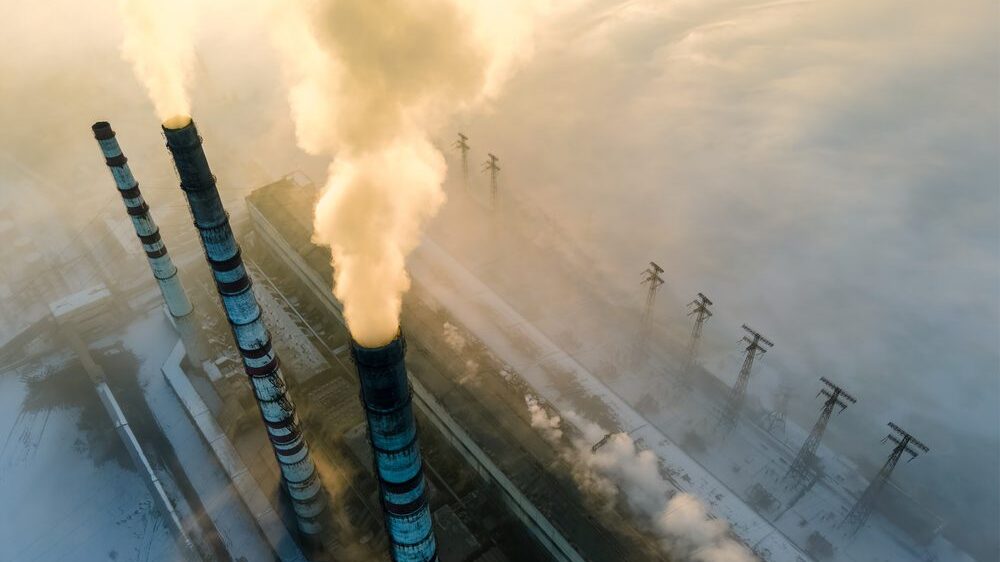
The energy ministers of the European Union failed to reach an agreement in Strasbourg on Monday, June 19th, about the EU’s electricity market reform proposal, Reuters reported. While every member state had its own interest to push for, the main culprit behind the political deadlock was the question of coal plants and whether to include them in the bloc’s subsidy plan.
During the debate, member states mostly belonged into two cohorts: those advocating for keeping up with the EU’s carbon neutrality goals at all costs (or, simply, preventing other countries from having cheaper energy than what their market interests would dictate), and those who choose energy security for their people and industry.
The controversial proposal on extending the pre-2019 “capacity mechanism support”—a backup instrument to allow high-carbon generators to continue if low-emission sources are deemed insufficient—for coal plants beyond 2025 (potentially until 2028) was added at the last minute by the Council’s Swedish presidency in a bid to get even the most heavily coal-dependent countries to sign off to the reforms.
Despite some EU diplomats being immediately outraged by the idea of waiving CO2 emission limits for coal plants (even if it only meant to help countries avoid blackouts if other electricity sources run out), the Swedish presidency defended the decision by saying that Poland, for example, which still gets approximately 70% of its power from coal, needs to have stable electricity generation that, if needed, could support the neighboring Ukraine with back-up power.
Countries such as Austria, Belgium, Germany, and Luxembourg were the most fervent opponents of the coal subsidy plan, fearful it would undermine Europe’s fight against climate change. But for Poland, energy security is tied almost entirely to the success of the proposal, so there was no middle ground to begin with.
Jestem po posiedzeniu Rady UE ds. Energii w Luksemburgu, gdzie rozmawialiśmy o reformie unijnego rynku energii. Ten dokument jest niezwykle ważny dla bezpieczeństwa energetycznego każdego państwa i całej UE. W tekście końcowym obroniliśmy nasze stanowisko dotyczące rynku mocy,… pic.twitter.com/8x2HFVMcpW
— Anna Moskwa (@moskwa_anna) June 19, 2023
Another hotly debated issue was over the use of state-run subsidy schemes that involve fixed-price power contracts between the member states and power plants, designed to protect consumers from high and volatile energy prices.
According to Germany, Austria, and the Netherlands, the practice could lead to serious market distortions and an unequal playing field in Europe. French nuclear power was brought up specifically, but Paris defended the use of such contracts by saying they ensured “the objective security of supply and protecting consumers.”
The possible continuation of national schemes designed to counter the effects of the energy crisis of the past years, like windfall taxes until 2024, was also discussed and was backed by Spain and Greece, among others.
With no agreement, however, negotiations will move to the EU ambassadors’ table, who will attempt to hammer out a deal before the next Council summit at the end of the month.
